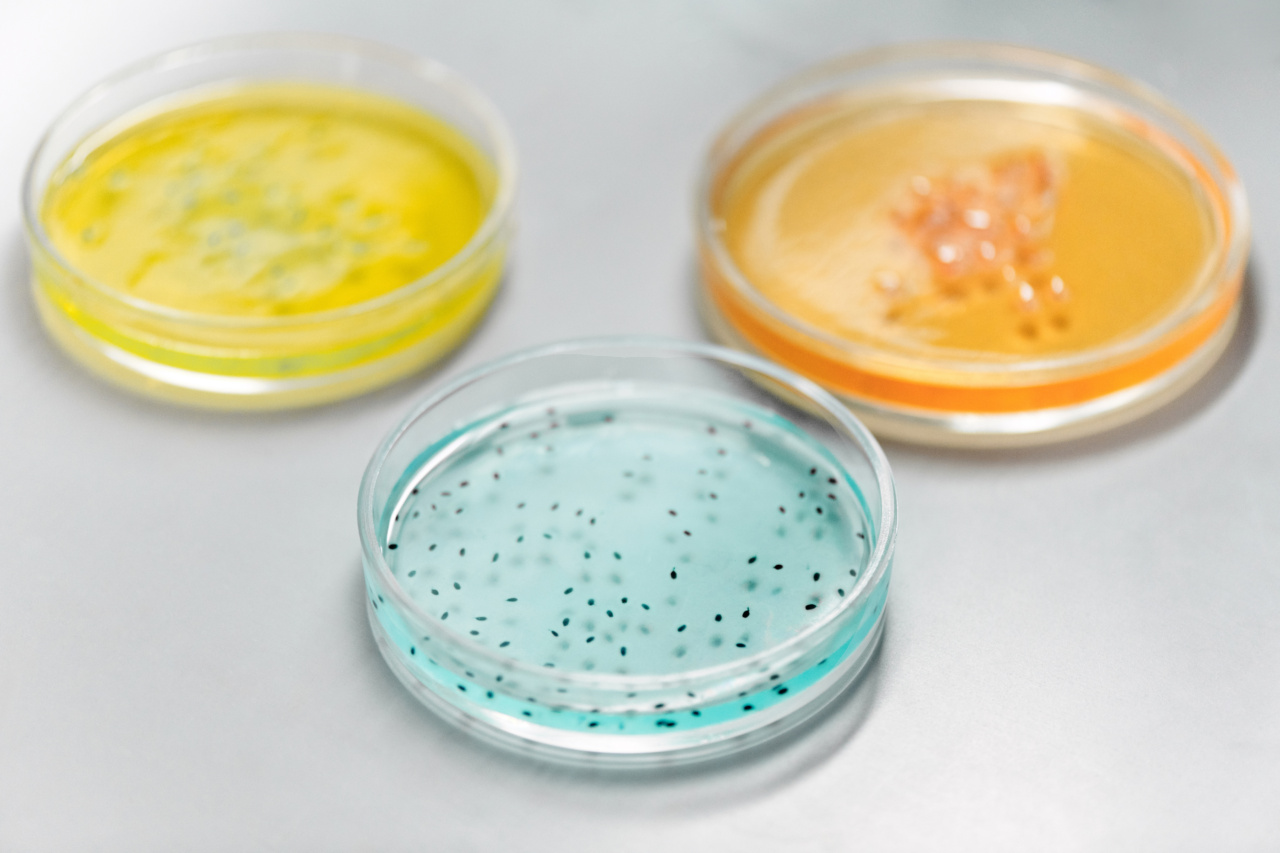Urine, which is produced by the kidneys, is an important indicator of one’s overall health and wellbeing. The color of urine can vary from person to person and can even change throughout the day.
In some cases, certain health conditions can cause noticeable changes in urine color. These changes can range from harmless variations to potential signs of underlying medical issues. In this article, we will explore the different health conditions that can affect the color of your urine.
1. Dehydration
One of the most common causes of urine color changes is dehydration. When the body does not have enough water, the urine becomes more concentrated, resulting in a darker hue. In severe cases of dehydration, the urine may appear amber or even brownish.
It is essential to drink an adequate amount of water to maintain proper hydration levels and ensure that your urine remains a pale yellow color.
2. Urinary Tract Infections
Urinary tract infections (UTIs) are bacterial infections that commonly affect the bladder. Along with symptoms like frequent urination, a burning sensation, and cloudy urine, UTIs can also cause changes in urine color.
In some cases, the urine may appear pinkish or reddish due to the presence of blood. If you suspect a UTI, it is crucial to seek medical attention for proper diagnosis and treatment.
3. Kidney Stones
Kidney stones are hard mineral deposits that form in the kidneys. These stones can cause severe pain and discomfort, and they may also lead to changes in urine color.
Depending on the composition of the stones, urine may appear pink, red, brown, or even cloudy. If you experience any symptoms of kidney stones or notice unusual changes in urine color, it is recommended to consult a healthcare professional.
4. Liver Diseases
Liver diseases, such as hepatitis and cirrhosis, can impact urine color due to their effect on bilirubin levels. Bilirubin is a yellow pigment produced by the liver and is usually excreted through the digestive system.
When the liver is unable to process bilirubin correctly, it can accumulate in the bloodstream and be excreted through urine, resulting in dark urine with a brownish tinge or even urine that appears orange.
5. Hematuria
Hematuria, which refers to the presence of blood in the urine, can be a sign of various underlying conditions. This condition can cause urine to appear pink, red, or even cola-colored.
Hematuria can be caused by urinary tract infections, kidney infections, kidney stones, bladder or kidney cancer, certain medications, or strenuous exercise. It is crucial to consult a healthcare professional if you notice blood in your urine.
6. Bladder Infections
Similar to UTIs, bladder infections can also lead to changes in urine color. In addition to the typical symptoms of a UTI, bladder infections can cause urine to appear cloudy or have a slightly pink tinge.
It is important to treat bladder infections promptly to prevent complications and ensure a full recovery.
7. Medications and Supplements
Some medications and supplements can cause changes in urine color. For instance, certain antibiotics, laxatives, and chemotherapy drugs can cause urine to appear dark yellow or even orange.
Additionally, some vitamins and supplements, such as vitamin B complex or multivitamins, can result in bright yellow urine. If you are concerned about the color of your urine related to medication or supplement usage, it is best to consult your healthcare provider.
8. Rhabdomyolysis
Rhabdomyolysis is a condition characterized by the breakdown of muscle tissue, leading to the release of muscle fibers and components into the bloodstream. This condition can cause dark red or brown urine.
Rhabdomyolysis can be caused by factors like traumatic injuries, severe dehydration, certain medications, infections, or metabolic disorders. It requires urgent medical attention as it can lead to various complications.
9. Diabetes
Diabetes, especially when uncontrolled, can affect the color of urine. High blood sugar levels can cause the kidneys to filter excess glucose, leading to increased urine production (polyuria).
The urine may appear pale yellow and have a sweet or fruity odor. If you have diabetes and notice significant changes in urine color or frequency, it is important to consult your healthcare provider for appropriate management.
10. Porphyria
Porphyria refers to a group of rare genetic disorders that affect the production of heme, a component of hemoglobin. Depending on the type of porphyria, urine can turn purple, reddish-brown, or dark brown when exposed to light.
This change in urine color is due to the buildup of porphyrins, which are byproducts of heme production. Porphyria is a complex condition that requires specialized medical care.
Conclusion
The color of your urine can provide valuable insights into your health, and certain changes in urine color should not be ignored.
While some variations in urine color may be harmless and temporary, others can indicate underlying health conditions that require medical attention. It is important to pay attention to any significant or persistent changes in urine color and seek guidance from a healthcare professional if necessary.































